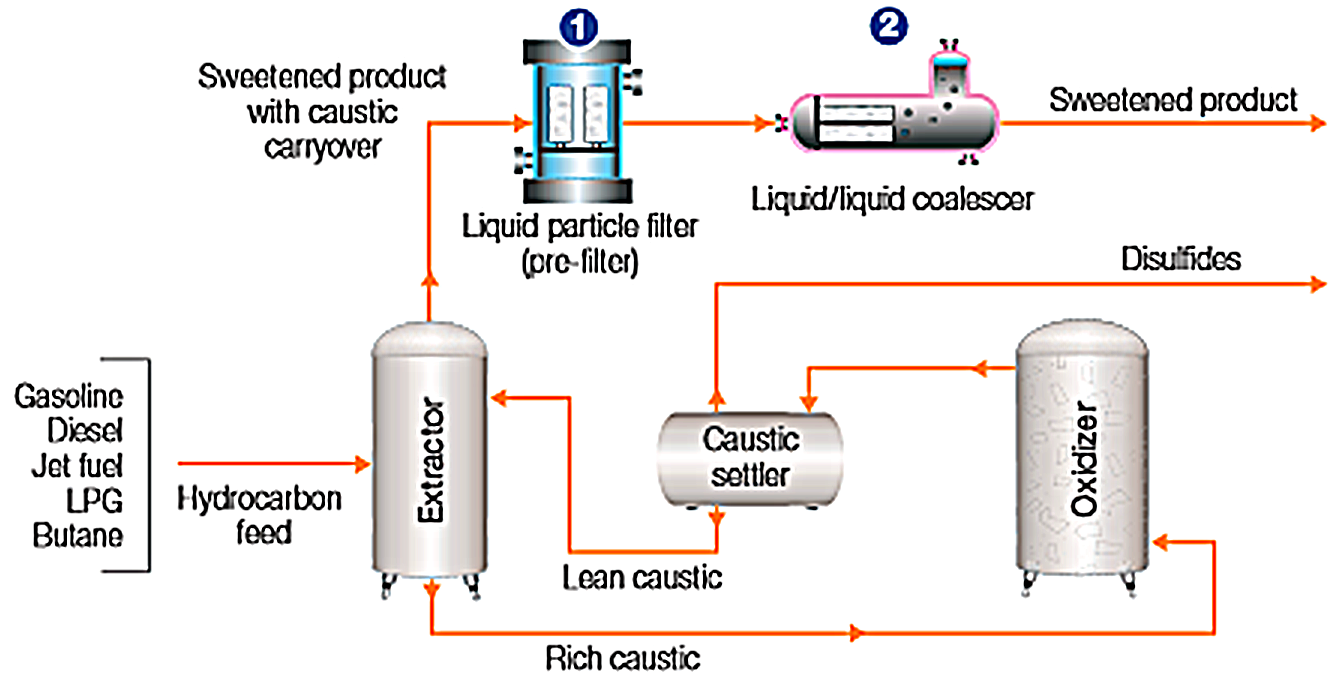Technology Type
- Type
- Fuels Caustic Processes
- Process
- Fuel Processes
-

- #TT81
Description
Your insights will be shown here
Image
Content provided by
| Transaction | Name | Date |
|---|---|---|
| Modified by |
|
1/6/2025 10:28 AM |
| Added | 11/27/2022 6:35 PM |









